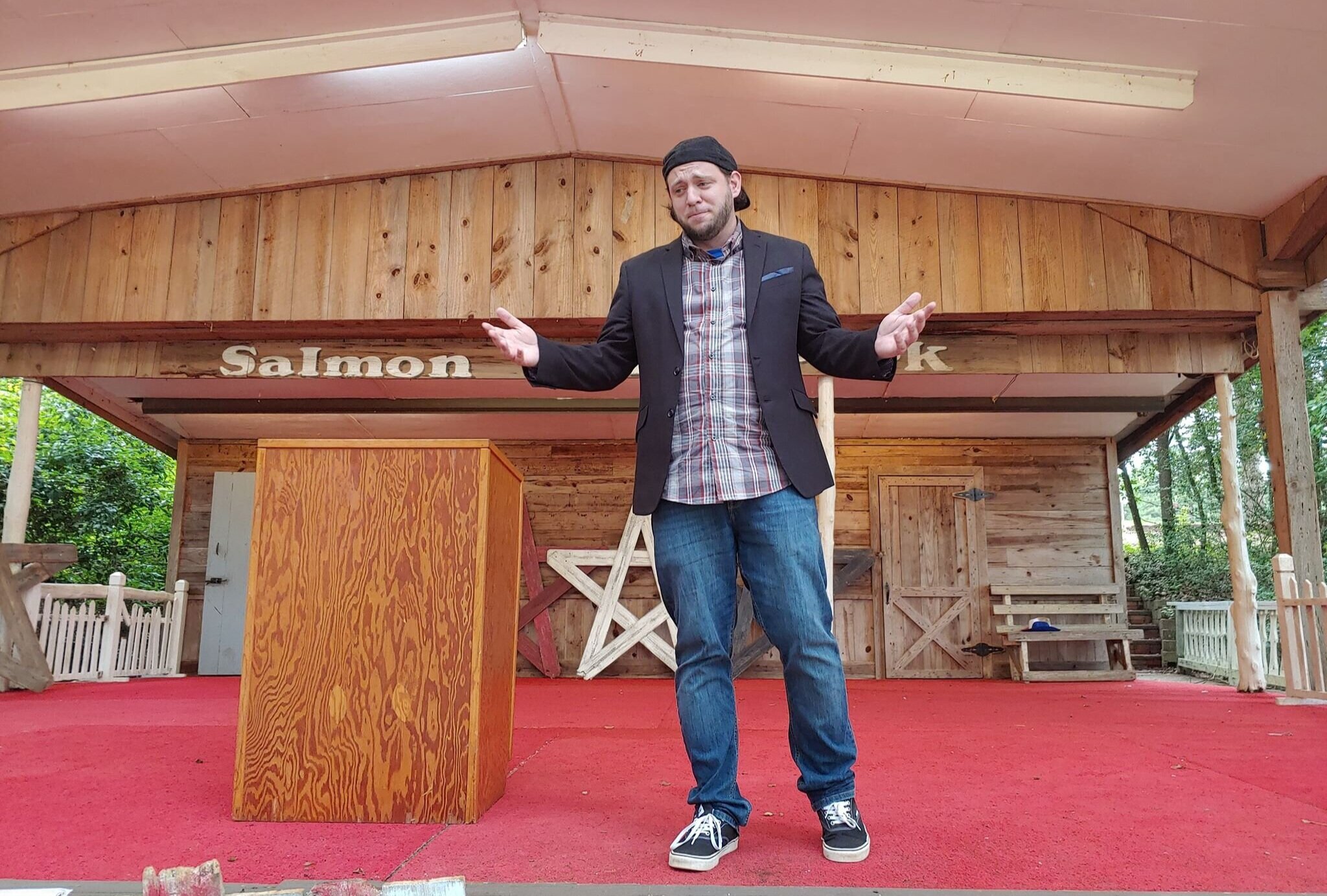ACLU Abortion Lawsuit in TX: Both Sides Claim Victory
Photo by Carlos Alfonso on Unsplash
This article is part of a series on Texas sanctuary cities for the unborn. Read the rest, here.
The ACLU has dropped its lawsuit against seven Texas towns that recently declared themselves “sanctuary cities for the unborn.”
The lawsuit was filed against the cities on February 25, on behalf of Texas Equal Access Fund (TEA) and Lilith Fund, both Texas-based abortion-advocacy groups. The lawsuit stated that the language of the cities’ adopted ordinances was “unconstitutional,” citing a First Amendment violation of freedom of expression and association by labeling certain abortion-assistance entities “criminal organizations.”Right to Life East Texas (RTLET), the sponsor of the sanctuary city ordinances, stated:
“After the cities amended the ordinances, the ACLU had the opportunity to amend its lawsuit to make a stronger argument. Apparently they couldn’t come up with anything. The ACLU, therefore, withdrew, not wanting to challenge these enforceable ordinances outlawing abortion any further.”
The organization claims the dropping of the lawsuit is a victory. On the other hand, the ACLU claims victory as well. The Tyler Morning Telegraph reports that Anjali Salvador, lead attorney for the ACLU of Texas, said, “In response to our lawsuit, the seven cities we sued quickly backed down and revised their ordinances to allow pro-abortion organizations to operate within the cities and stop calling them ‘criminal.’”
In addition, Lilith Fund reportedly tweeted, in part, “Yeah we sued and they backed down real quick.” It appears that tweet has since been deleted.
Essentially, however, the rephrasing of the ordinances and the dropping of the lawsuit had no tangible effect on the outcome of the ordinances. Those who provide abortions or abortion assistance within the cities that have adopted the ordinances still face civil and criminal prosecution, regardless of the opposing sides’ respective takes. The Tyler Morning Telegraph explains:
“...[T]he removal of the designation of the Lilith Fund and the TEA Fund as 'criminal organizations' does not change the fact that if the Lilith Fund or the TEA Fund pays for an abortion which takes place within any of the Sanctuary Cities they will still be breaking the law according to the ordinances.”
The language of the ordinances states that it is unlawful for anyone to “aid or abet an abortion” within the city limits. Waskom, Texas’ amended ordinance, for instance, states that it is criminal for any person to “provid[e] money with the knowledge that it will be used to pay for an abortion or the costs associated with procuring an abortion.” In other words, actions taken by persons or organizations in providing assistance to mothers who choose to abort would still be considered criminal actions.
In a statement to CRIT-LARGE, Mark Lee Dickson, director of RTLET, explained, “Roe v. Wade did not ‘legalize’ abortion in Texas. The State of Texas has never repealed the statutes which currently criminalize abortion. According to our state’s statutes, abortion remains a criminal offense right now in the State of Texas.”
Courtesy of Mark Lee Dickson
He continued, “These ordinances are 100% in line with the United States Constitution, as well as the laws and constitution of the State of Texas.” RTLET informed CRIT-LARGE that the attorney representing the cities (who is doing so at no cost to tax-payers) cites the 2A Texas Penal Code article 1191 (at 429) in their defense, which explicitly criminalizes abortion in Texas.
The lawsuit itself was constructed on the basis of a single term, conflating the organizations’ statuses in the public eye with freedom of association. The lawsuit resulted in the removal of the stigma of illegitimacy from those organizations. In this instance, it seems, the pro-choice organizations preferred to protect their own images in lieu of protecting aborting mothers.
With hopefulness regarding the lawsuit’s dismissal, Dickson stated, “...The ACLU acknowledges that there is no basis for challenging these ordinances, and this will embolden other cities and towns to join the sanctuary city for the unborn movement.”
In claiming victory, some have said that the pro-choice advocates have won the battle, but whether this scuffle has moved them forward in terms of winning the abortion war is doubtful; the main issue, criminalization of abortion, remains in place in these cities. In the final analysis, the resolution of the issue removes the label of “criminal” from the organizations mentioned, while still condemning and criminalizing the actions taken by pro-choice advocates.
At some point in the near future, however, one can quickly deduce that decisions will have to be made that directly relate life-taking actions (like abortion or abortion assistance) to organizations that typically and exclusively provide or assist in these actions. Eventually, if and when abortion is made illegal outside of the sanctuary cities, organizations like TEA, Lilith Fund, and Planned Parenthood will necessarily have to be prosecuted, labeled criminal, and finally, outlawed altogether.
The fight for human rights, notably the abolition of abortion, happens in a fallen culture one step at a time. Ordinances like the Sanctuary City for the Unborn in Texas are those small steps in the right direction, protecting against threats to human life, dignity, and value.
While citizens march in the streets, justifiably protesting violence in their communities, those concerned with the greatest violence in our society, the mass murder of unborn children, are quietly fighting injustice in largely unseen (and unpublicized) ways every day, in courts and in the hearts and minds of pro-life Americans.
Councilmember of one of the cities affected by the lawsuit and concerned citizen, Martin Holsome, spoke out:
“‘Life, liberty, and the pursuit of happiness.’ That phrase gives three examples of the ‘unalienable rights’ which the Declaration of Independence says have been given to all humans by their Creator, and which governments are created to protect. As members of a legislative body, it is our patriotic duty to defend the rights of those individuals who otherwise cannot in accordance [with] the United States Constitution—not an interpretation and not a Supreme Court decision. God: 1 - ACLU: 0.”
For more information about the Sanctuary Cities for the Unborn Initiative visit www.sanctuarycitiesfortheunborn.com. Continue to follow the Texas pro-life fight in our CRIT-LARGE series, Texas: Sanctuary for the Unborn.
Mark Lee Dickson contributed reporting.



